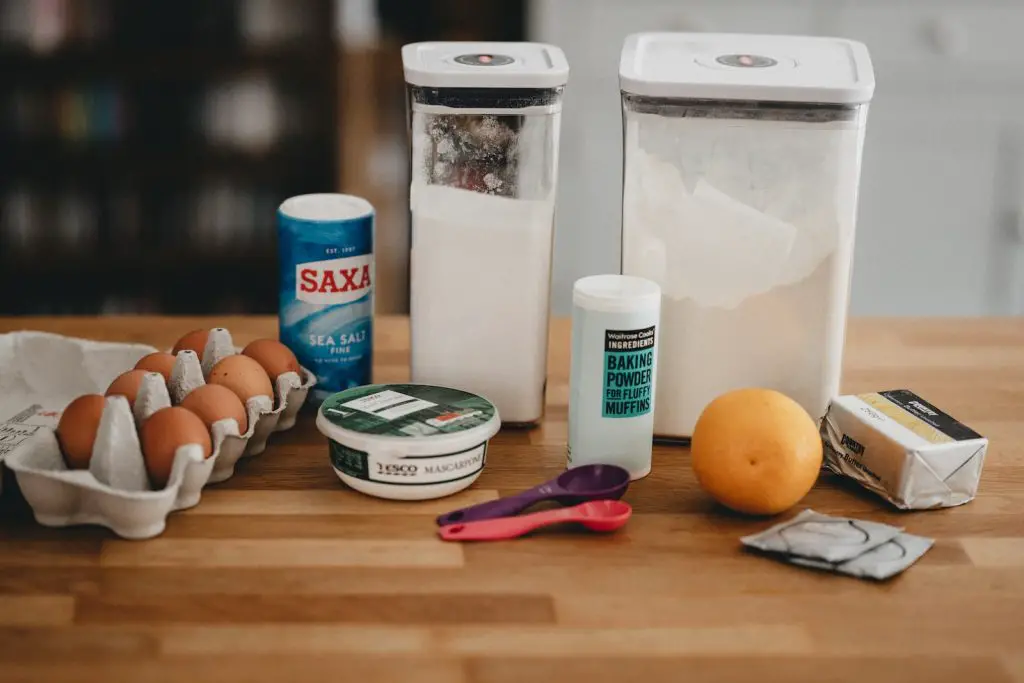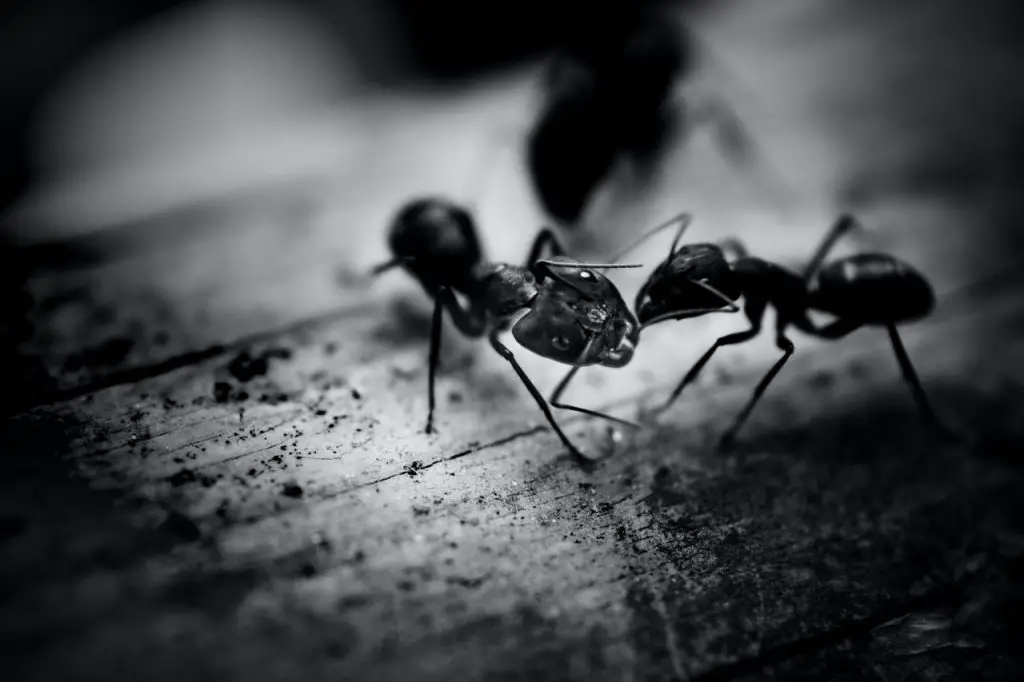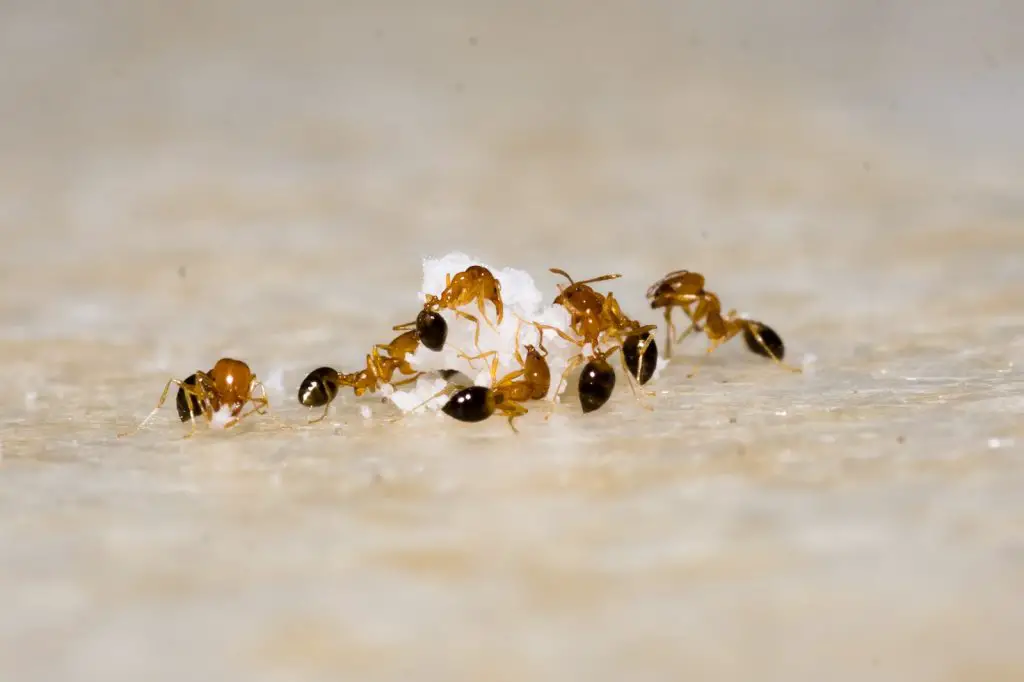Have you ever wondered if ants have a sweet tooth? The answer may surprise you. While we humans debate the pros and cons of sugar and artificial sweeteners, ants have their own preferences.
While you may assume that ants would have a preference for artificial sweeteners due to their popularity in our society. It turns out that these tiny creatures still have a soft spot for the real deal natural sugar
Are ants sugar keens? Let’s find out Do ants prefer sugar or artificial sweeteners?
Which is ants’ most favorite, natural sugar or artificial sweeteners
Ants are primarily attracted to natural sugars rather than artificial sweeteners.
Natural sugars are those found in fruits, flowers, and nectar, and have been a part of ants’ diet for millions of years.
Ants have evolved to detect and locate these natural sugar sources, providing them with essential nutrients and energy for survival and reproduction.
On the other hand, artificial sweeteners like aspartame, saccharin, and sucralose, are synthetic compounds that mimic the taste of sugar without providing the same nutritional value.
While ants can be attracted to artificial sweeteners. They are not a preferred food source for them, and they even avoid them altogether.
Ants’ Sweet Tooth Showdown: Natural Sugar vs. Artificial Sweeteners
Natural sugar, like that found in fruit, is a healthier option than artificial sweeteners. While artificial sweeteners are low in calories, they can cause health issues in the long run.
Artificial sweeteners, such as aspartame and sucralose, can disrupt the body’s natural processes, leading to issues like insulin resistance and weight gain. Raw sugar, on the other hand, is broken down more slowly by the body, giving it time to regulate insulin levels.
Moreover, natural sugar is accompanied by vitamins, minerals, and fiber, all of which are essential for maintaining a healthy body.
Artificial sweeteners provide no nutritional value, and studies have shown that they increase cravings for sugary foods.
Sugarmania: The Fascinating World of Ants and Sweetness
Ants are famous for their love of sugar, which they will go to great lengths to obtain. However, while sugar can be a tasty treat for ants, it can also be a nuisance for humans.
Ants love sugar for a few reasons.
- First, sugar is an excellent energy source, and ants are always on the hunt for food to fuel their active lifestyles. Additionally, sugar is a relatively easy food for ants to obtain, as it’s often left out in the open in human homes.
- Sugar also contains essential nutrients like carbohydrates, which ants need to survive and reproduce.
In fact, some species of ants have evolved to rely almost entirely on sugar-rich foods like honeydew from aphids.
- Finally, ants are attracted to sugar because of their natural instincts to collect and store food for the colony.
By finding and gathering sources of sugar, ants can provide nourishment for the entire territory and ensure their survival.
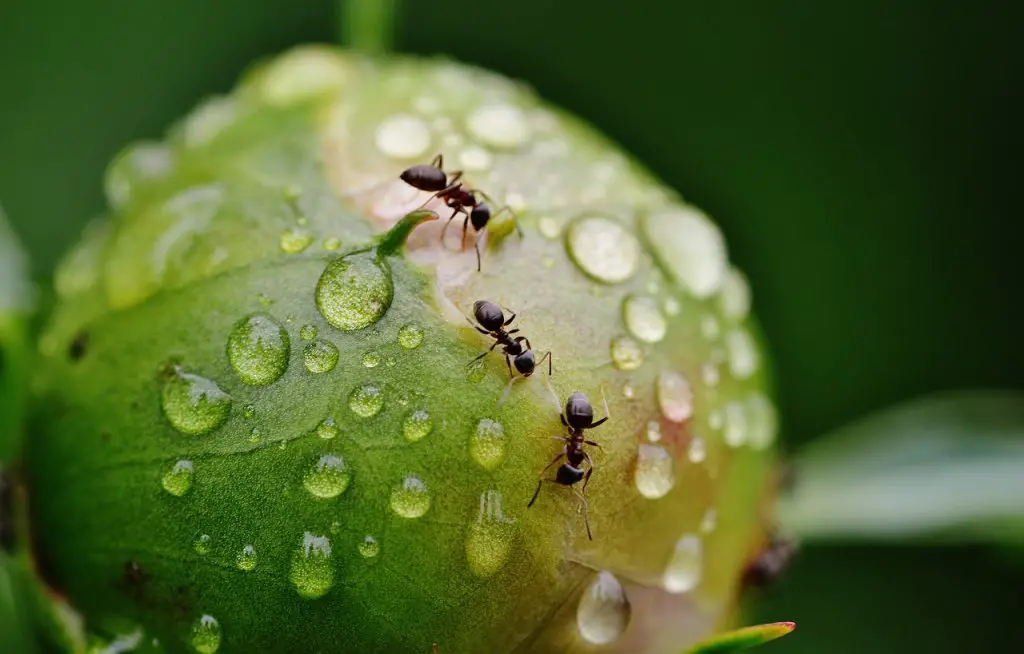
Ants Know Best: Why They Prefer Natural Sugar Over Artificial Sweeteners
One reason is that many artificial sweeteners are toxic to ants, and can cause harm or death if consumed.
Some artificial sweeteners, like aspartame, are known to be toxic to ants in large quantities, so ants avoid them.
Ants have evolved to detect and avoid toxic substances. And they are able to sense the chemical composition of artificial sweeteners and recognize them as potentially harmful.
Another reason why ants do not prefer artificial sweeteners is that they simply do not provide the same level of energy as natural sugars.
Natural sugars contain complex carbohydrates that are broken down by ants into glucose. Which is a vital source of energy for their bodies.
Artificial sweeteners, on the other hand, have less nutritional value and do not contribute to ants’ energy needs.
Sugar and the Ants: A Sweet Relationship
Sugar is like a magnet for ants, they go crazy for it.
Sweets are a great source of energy, and ants are naturally attracted to sweet substances.
When they find a source of sweet food, ants will communicate with each other to bring back more ants to the food source.
In the wild, ants often feed on sweet substances like nectar from flowers, honeydew produced by aphids. And the sweet secretions of certain trees.
Do ants like brown sugar? A Sweet Love Affair
Ants have a sugar crush on both brown and white sugar, they’re not picky. They love brown sugar.
Brown sugar is a type of natural sugar that is made by combining white sugar with molasses, giving it a distinct flavor and texture.
This flavor and texture are appealing to ants, especially those that are looking for sources of carbohydrates and energy.
They are attracted to any source of sugar, including white sugar, honey, maple syrup, and even fruit.
Sweet Ants: Who Loves Sugar the Most?
Here are some species of ants that are known to have a particular affinity for sugar:
- Argentine Ant (Linepithema humile) – These ants are highly adaptable and are known for their ability to form large colonies that can dominate an area. They are attracted to sugary substances and can be a nuisance in homes and gardens.
- Odorous House Ant (Tapinoma sessile) – These ants are named for the foul odor they emit when crushed. They are commonly found in homes and attracted to sugary substances, grease, and oil.
- Pavement Ant (Tetramorium caespitum) – These ants get their name from their habit of nesting in cracks in pavement and sidewalks. They are attracted to sugary substances and can be a nuisance in homes and businesses.
- Pharaoh Ant (Monomorium pharaonis) – These ants are small and pale in color and are often found in kitchens and bathrooms. They are attracted to sugary substances as well as protein-based foods.
- Carpenter Ant (Camponotus spp.) – These ants are known for their ability to excavate wood and create nests inside it. While they are not as attracted to sugar as other ant species. They still are drawn to sugary substances and can be a nuisance in homes.
It’s important to note that while these species of ants are more attracted to sugar than others. Most species of ants will still be attracted to sugary substances as a source of energy and carbohydrates.
Do Ants Eat Aspartame?
Aspartame is an artificial sweetener that is commonly used as a sugar substitute in diet drinks, chewing gum, and other low-calorie foods. It is made up of two amino acids, phenylalanine, and aspartic acid, and is much sweeter than sugar.
While it may be safe for human consumption, it is actually hazardous to ants. This is because aspartame disrupts the ants’ metabolism and can even lead to their death.
When ants consume aspartame, it can cause a buildup of toxic byproducts in their bodies, leading to neurological damage and eventually death.
This is because ants are not equipped to metabolize artificial sweeteners like aspartame, and their digestive systems cannot break down these substances.
As a result, it is important to avoid using aspartame or other artificial sweeteners in areas where ants are present. As it can harm not only the ants but also the ecosystem as a whole.
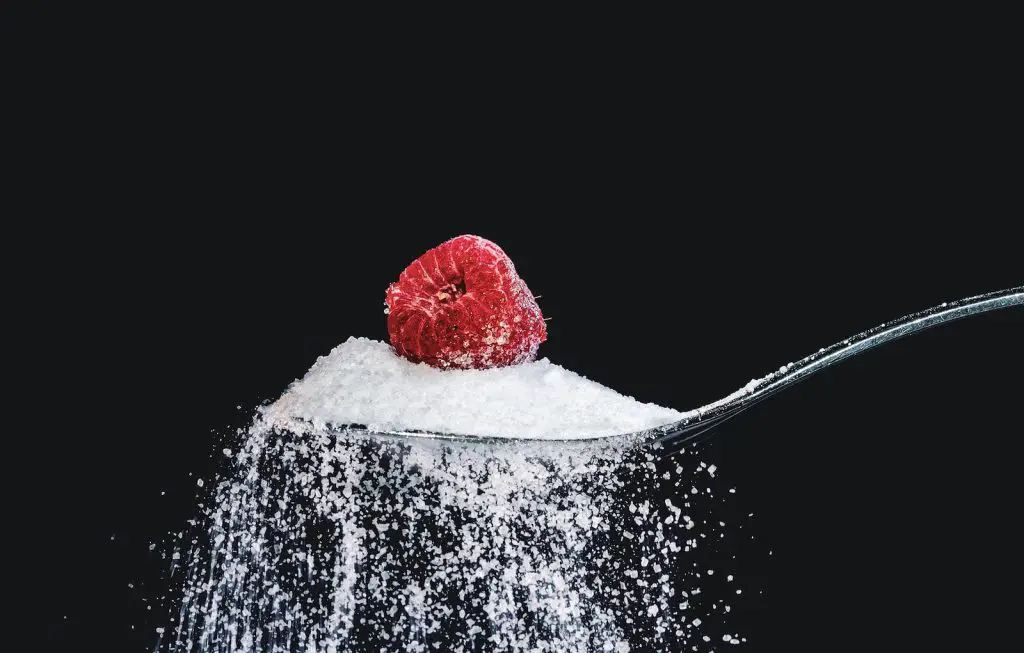
Common Household Artificial Sweetener Sources That Ants Attracted To
- Packets of artificial sweeteners, such as Splenda or Equal, are left out on countertops or tables.
- Bottles of diet soda or other drinks that contain artificial sweeteners, mainly if spills or drips occur.
- Sugar-free candies or gum that contain artificial sweeteners, which may be left out in open containers or in candy dishes.
- Artificially sweetened syrups or sauces, such as those used for pancakes or waffles, that are spilled or left out.
- Powdered drink mixes that contain artificial sweeteners, such as Kool-Aid or Crystal Light, can spilled or left out in open containers.
It’s important to note that even small amounts of these artificial sweeteners can attract ants, so it’s a good idea to clean up spills and crumbs promptly and store these items in sealed containers.
Carbohydrates and Ants: Exploring the Sweet Side of Ant Life
Carbohydrates are a type of organic compound that is essential for providing energy to ants and other incests.
Ants are known for their ability to forage and collect food, and one of their preferred sources of nutrition is carbohydrates.
In particular, ants are attracted to sweet and sugary foods that are high in carbohydrates.
This can include sources such as nectar from flowers, sap from trees, and even sugary substances left behind by other insects.
Some species of ants have even evolved specialized structures to help them extract carbohydrates from plants.
Overall, carbohydrates play an important role in the diet of ants and are a key factor in their ability to survive and thrive in their environments.
conclusion
Do ants prefer natural sugar or artificial sweeteners? while we humans debate the benefits and drawbacks of sugar and artificial sweeteners. Ants have a strong preference for natural sugars over synthetic sweeteners.
Natural sugars provide essential nutrients, including vitamins, minerals, and fiber, which are essential for maintaining a healthy body. Ants are attracted to sugar as it provides them with a source of energy to fuel their active lifestyles.
Furthermore, some species of ants, such as those that rely almost entirely on honeydew from aphids, have evolved to prefer sugar-rich foods.
Although artificial sweeteners can be attractive to ants, they are not a preferred food source for them, and they even avoid them altogether due to their toxicity or lack of nutritional value.
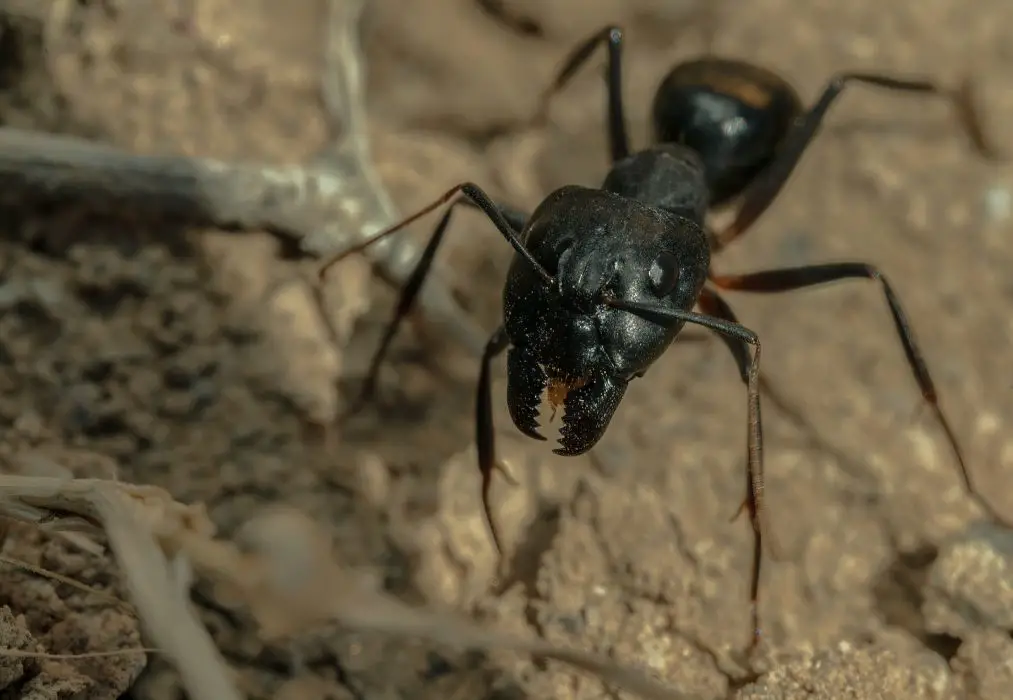
Therefore, ants’ natural instincts to collect and store food for their colony have led them to prefer natural sugars over artificial sweeteners.

